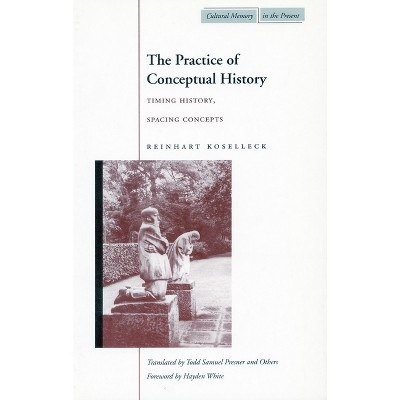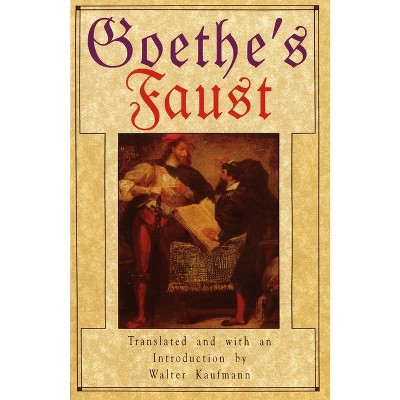
Conceptual Harmonies - by Paul Redding (Paperback)
$35.00
In Stock
Eligible for registries and wish lists
About this item
Additional product information and recommendations
Discover more options

$8.49 - $15.45
MSRP $8.99 - $17.99 Lower price on select items
5 out of 5 stars with 1 ratings
Related Categories
Trending Philosophy

$13.99 - $30.07
MSRP $25.00 - $40.00
4.4 out of 5 stars with 204 ratings

$15.28
was $20.00 New lower price
5 out of 5 stars with 1 ratings











![Zen and the Art of Motorcycle Maintenance [50th Anniversary Edition] - by Robert M Pirsig (Paperback)](https://target.scene7.com/is/image/Target/GUEST_a091177a-e446-4862-8fd2-fbddb3522083)


